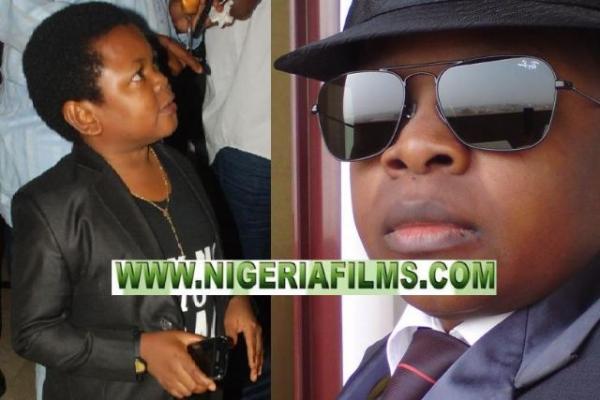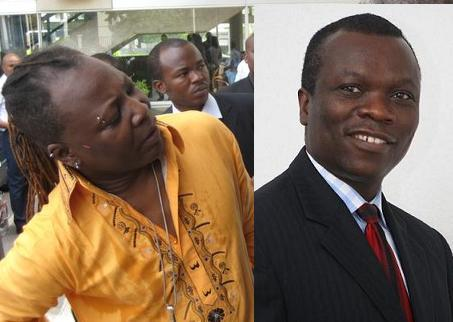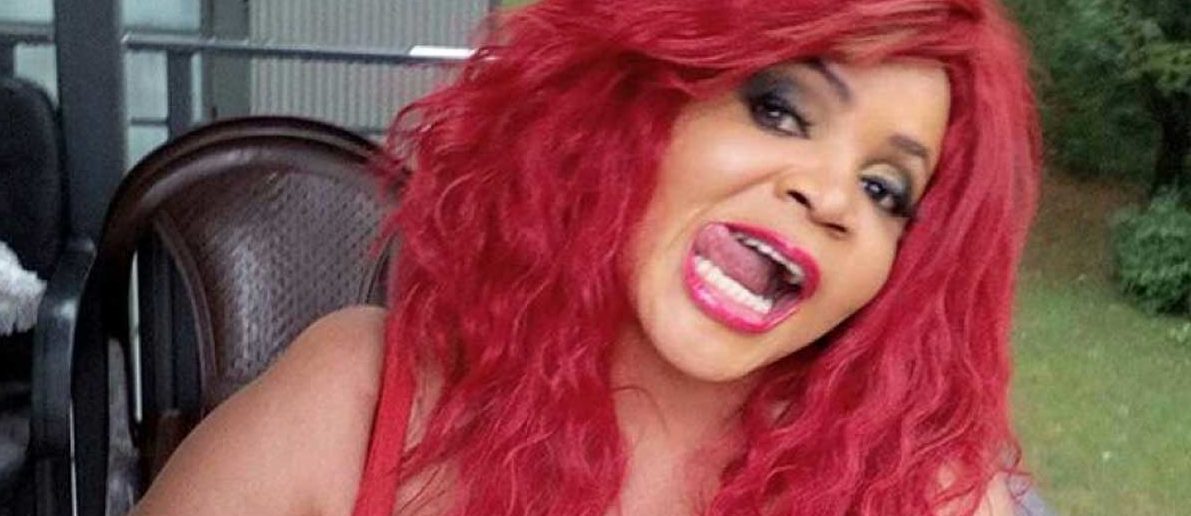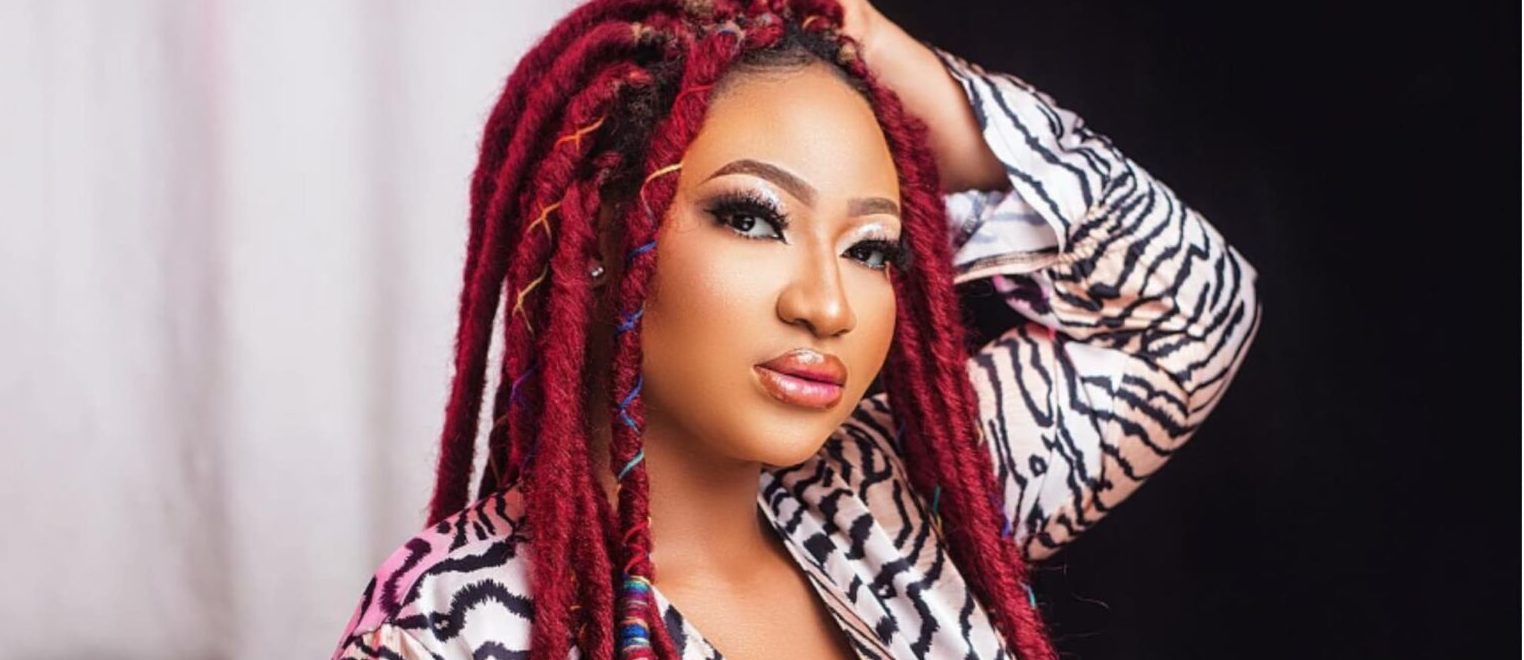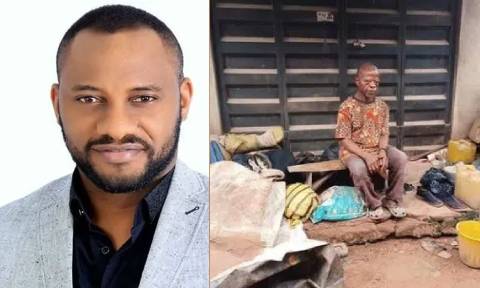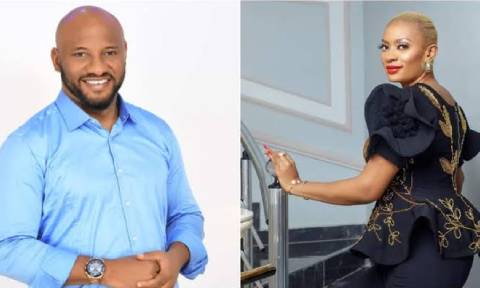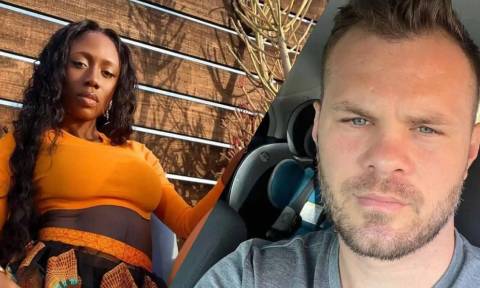DELE Osawe, is one of the very few thespians who are still committed to the maxim: “The show must go on”, in spite of daunting challenges. From the stage to television and then to film, Osawe has traversed the various media of the performing arts. Easily remembered for his role as the exhuberant and confrontational young Teacher Fadele in the now rested television drama series, The Village Headmaster, the Edo State-born veteran actor is one of the few faces from that production who are still active in the industry. Osawe, in this interview with TONY OKUYEME, explained how it all started for him, his experience in Village Headmaster, and how his early encounters with the doyen of Nigerian theatre, the late Chief Hubert Ogunde, as well as the late Duro Ladipo and others, influenced his interest in the theatre.
Except you know him or have had previous encounters with him, you would hardly recognise him. Humble and easy going, he has been an inspiration to the younger generations of artistes. He hardly engages in irrelevant arguments, except when issues have to do with the art, especially, the theatre. Then, his countenance takes a homely mien. He is always at home with the art; and for him, it is a passion, a medium for self-expression and exploration.
“I find the theatre very interesting because it gives me the opportunity to express myself. As a script writer, I use most of my plays as a medium of expressing myself. Also in my writing, I want to mirror the people; I want people to see themselves. That is my own style of writing. Art is a medium I so much admire, and if I am coming back again, I would still be there because I so much appreciate it,” he said.
Born of a father who is from Ogbe family in Benin, Edo State, and a mother who is from Osun State, he grew up in Uyin in Ekiti, Ile-Ife in Osun, and Lagos State respectively.
According to him, he had his elementary school in Ekiti and Ife respectively, and subsequently attended St. John Catholic Grammar School, Ile-Ife and Atakumosa High School in Osun, respectively. He thereafter read Administrative Management at the University of Ilorin. But all these, it appears, were simply to prepare him for the theatre.
“Funny enough, in terms of acting or drama, I did not go to the formal classroom, but I had my training under master of masters. Segun Sofowofe is one of them. Tunde Oloyode is also one of them. But I had greatest influence from Ori Olokun Theatre in the University of Ife then. Some of the artistes who were members of the Ori Olokun Theatre then included Peter Badejo OBE, Olu Oke Kange and Rufus Ogundele, my brother in-law, through whom I got to know them. But I could not take active participation then because of my mother. From my own family, they looked at artistes as layabout and never-do-well. So I could not get that encouragement. But after my secondary school, I had opportunity of going for my own formal training in Lagos. Then, I was working with the (Morumba Demonstration Catholic School, Ile-Ife) Psychiatric Hospital, Yaba as an administrative secretary, before I joined the University of Ilorin.”
Osawe’s theatre background began very early when he was in primary school. “I recall for instance, when we were doing end-of the year programme, I was made to play the role of Jesus Christ when He rode on the horse to Jerusalem. I won’t forget that experience. I was very young then. I think I was in standard two then, and I did not know what I was doing. It is now I realised that I probably have started from there, the interest must have started from there,” he said, adding that when he was in his final year in primary school, by then he was really involved in drama despite his parents’ opposition to it. “I organised a drama production together with my classmates. The play was titled Romulos, A man of Honour. I organised the whole thing; I directed, under the supervision of our teacher then. This was in 1963 or so. And by the time I was in secondary school, I had become very interested in theatre (drama). From the junior class, I was involved in drama, some of which include Julius Ceaser, in which I played the role of Athemiderous and Macbeth, She Stoops To Conquer in which I played the role of Malo.
Apart from all these, I had other influence. I grew up in an environment. I was at Long Life Hotel, Ile-Ife then, where notable people lodge when they came to perform in Ile-Ife. That was where I knew the late Chief Hubert Ogunde, the late Duro Ladipo, Akin Ogungbe, Moses Olaiya Adejumo (Baba Sala), Victor Olaiya, Bobby Benson among others. And each time they came to our place, I mingled with them. They sent me on errands because I was highly interested in drama. This was how I was going along in entertainment, and later when I somehow became independent, I started a group called “Sound Forum Company”.Our first play was staged at Museum Kitchen, National Commission for Museums and Monument, Onikan, Lagos. Later the group metamorphosed into Manec play group. Manec is a latin word. I was good in Latin in those days. Some members of that group then include Alex Osifo Omiagbo, Sunday Ossai. I remember that there was a particular play we took to so many places. It was titled Chief Clark. It is a satire on the civil service. I wrote the play. We recorded the television version of the play at Lagos Television (LTV), Ikeja, and Ogun State Television (OGTV), respectively.
Osawe has also had a stint on the celluloid film format, starring in many films produced by ace film maker and former chairman of Nigerian Film Corporation, Chief Eddie Ugbomah.
“Immediately after Festac 77, I happen to meet Chief Ugboma and since then, we’ve been together and I appeared in many of his films. My first appearance in his film was in The Boy Is Good, in which I played the role of Inspector Uche, one of the leading roles in the film. After that, I also acted in The Mask, Death of A Black President, and Vengeance of the Cult. When he went into video productions too, I took part in them. The films include Oil Doom, among others.
On how he got the role of Teacher Fadele in The Village Headmaster, Osawe disclosed that by playing cameo roles. “I used to be one of extras in Village Headmaster. I was so popular then. We used to record on Sundays, and because of my closeness with Tunde Oloyede, I used to go to the studio even if I had no role in it. But this day, they had prepared to record a particular script which had part one and two. Incidentally they wanted to record part two before part one, because we used to record in advance. There was a particular person they were expecting as they wanted to recruit teachers into the school then. So there were waiting for this person until evening when the late Sisi Clara, Ibidun Alisson (Amebo) and others suggested that they used any one of us to play the role since the person they were expecting was not around. That was how I got the role of Teacher Fadele. They gave me the script that day, I went to study it and recorded straight. And because we recorded part two first, so invariably, I was in part one. That was how I started.
Initially, it was not easy because at that time, there was favouritism going on, especially among the script writers. If they don’t like your face or you are not in their good books, they would not write you in the script. So, I had that experience initially but later when maybe, they saw how I played the role, they started writing my role again in The Village Headmaster (and later The New Village Headmaster). So, I was in The Village Headmaster from 1974 till when it was stopped.”
On Teacher Fadele, he posits that hsi role and the man,Osawe, are poles apart. “Teacher Fadele came in during the Universal Primary Education (UPE) project of the Federal Government, and they had to recruit so many teachers. Teacher Fadele happened to be one of the young teachers recruited at that time. Being a very young man, according to the character, he was very confrontational. When senior teachers like Garuba (played by the late Joe Layode) gave instructions, I (as Teacher Fadele) would decide whether to obey it or not to obey it. When Garuba became acting headmaster and then wanted to instill discipline. However, this was a man who was not disciplined before; a man who was going to Amebo’s bar to drink and got drunk. We then told him that he could not change something overnight and wants us to change overnight. That was the character of Teacher Fadele.
However, Dele Osawe is a different person from Teacher Fadele. According to him, he was brought up in a Catholic way, and “my parents were very strict.” But this background, he said, perhaps, also helped him in playing the role well.
“Maybe that was why I was able to play the role, because what one would have wanted to do but could not do it due to ones background. It was after The Village Headmaster was rested that I went to Ilorin. I was working and studying at University of Ilorin. During my stay there, I had the opportunity of going to the performing arts department, so I used to take part in their productions, especially the project plays of the students. While there, I was co-ordinating the activities of National Association of Nigerian Theatre Arts Practitioners (NANTAP) in Kwara State. This was when Dele Morakinyo was one of the executives at the national level. He told me to co-ordinate the activities of NANTAP in Kwara State.
Today, Osawe reveals that he has been committing his time also to promoting young ones and the less privileged. artistes. This gave birth to the initiative, “Artistes Empowerment Project”.
“This project is aimed at bringing the less-privileged artistes to limelight. We organise drama productions especially. You know nowadays, people gather themselves together in cacus.So, what I do is get a cacus involved and then we package our production and approach television station, so that they broadcast. You know, here people they see on screen are the stars, whether they know how to do it or not. And I know there are a lot of talents wasting. That is why I decided on the Artiste Empowerment Project. So, I am seriously involved in it. I started it about few years ago. We are already working on a Yoruba play titled Igba Otun. We are going to serialise it into 13 episodes. It is in the studio at the moment. We have other projects. I write most of the scripts. For instance, there is a particular one I wrote titled Mekunu Close. It is a mirror on how low income people, like people living in Mushin, Ajegunle and other places live.
Does he really have any regret? No, he said, adding that because of his background, he doesn’t believe in wealth. “I believe in peace of mind. Whatever I do I want to have peace of mind. If I happen to have money, fine, but my own background would still make me keep a low key. Money is a very dangerous thing; it is like a spirit. When you have too much of it you are in trouble; hardly would you sleep. I want something that would make me live a comfortable man.”
